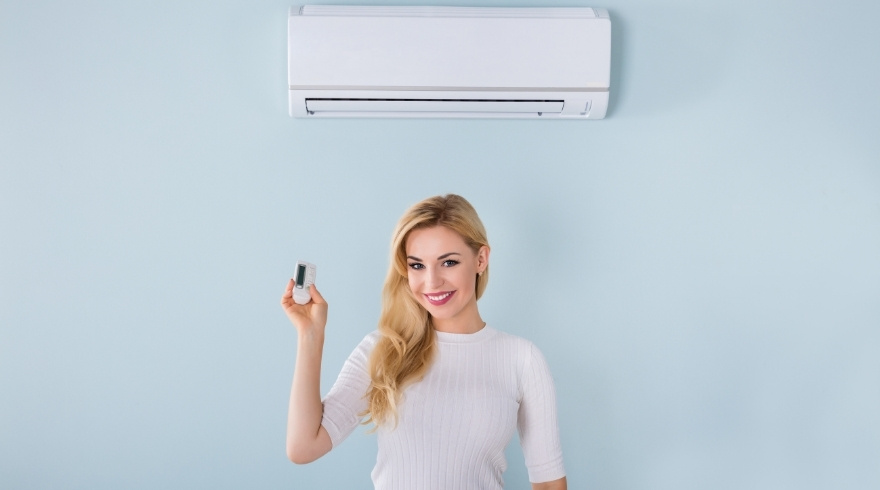Air Conditioning: Keeping Cool and Efficient
- 18 August 2024

Air conditioning has become an essential part of modern life, providing comfort in homes, offices, and vehicles. Understanding how air conditioning works, how to maintain it, and how to use it efficiently can help you stay cool while saving energy and money.
How Air Conditioning Works
At its core, an air conditioner works by removing heat and moisture from indoor air. The process involves several key components:
- Evaporator: Absorbs heat from indoor air
- Compressor: Pressurizes the refrigerant
- Condenser: Releases heat outside
- Expansion valve: Regulates refrigerant flow
- Refrigerant: The fluid that cycles through the system, changing from gas to liquid and back
Types of Air Conditioning Systems
- Central Air Conditioning
Cools the entire house through a network of ducts. Ideal for larger homes. - Window Units
Self-contained units that fit in a window. Good for cooling single rooms. - Split Systems
Consist of an outdoor compressor and an indoor air-handling unit. Offer flexibility in installation. - Portable Air Conditioners
Can be moved from room to room. Require venting through a window or wall.
Maintaining Your Air Conditioner
Regular maintenance can extend the life of your AC and improve its efficiency:
- Change or clean filters monthly: This improves air quality and efficiency.
- Keep the outdoor unit clear: Remove debris and trim vegetation around it.
- Clean the evaporator and condenser coils: Do this annually or as needed.
- Check refrigerant levels: Low levels can indicate a leak.
- Inspect ductwork: Seal any leaks to prevent cool air loss.
Energy Efficiency Tips
Using your air conditioner efficiently can lead to significant energy savings:
| Tip | Benefit |
|---|---|
| Use a programmable thermostat | Save up to 10% on cooling costs |
| Seal air leaks in windows and doors | Prevent cool air escape |
| Use ceiling fans | Can make a room feel 4°F cooler |
| Close blinds during the day | Reduce heat gain from sunlight |
| Avoid using heat-generating appliances | Reduces AC workload |
Understanding SEER Ratings
When buying a new air conditioner, pay attention to the Seasonal Energy Efficiency Ratio (SEER) rating:
- SEER measures cooling output divided by energy input
- Higher SEER ratings indicate greater efficiency
- Minimum SEER ratings are set by the U.S. Department of Energy
- Higher SEER units cost more upfront but save money over time
Common Air Conditioning Problems
Be aware of these common issues:
- Inadequate cooling: Could be due to low refrigerant or dirty filters
- Strange noises: May indicate loose parts or compressor issues
- Water leaks: Often caused by clogged condensate lines
- Short cycling: Turning on and off frequently can indicate various problems
- Frozen coils: Can result from airflow problems or low refrigerant
Conclusion
Air conditioning is a complex system that plays a crucial role in our comfort. By understanding how it works, maintaining it properly, and using it efficiently, you can ensure a cool, comfortable environment while minimizing energy consumption and costs. Regular professional maintenance, combined with good usage habits, can keep your air conditioning system running smoothly for years to come. Stay cool and efficient!



